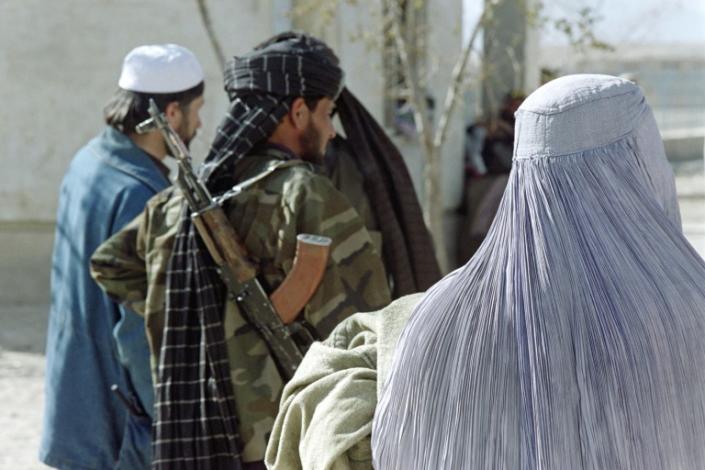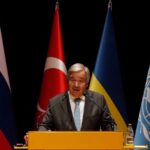
The United Nations Security Council adopted a resolution on Friday to allow humanitarian aid to continue unhindered into countries targeted by UN sanctions, particularly frozen assets.
The text states that “payments of funds,” “economic resources” or “the provision of goods and services necessary to ensure the timely delivery of humanitarian assistance… are permitted and are not a violation of the asset freezes imposed by this Council.”
The resolution applies to UN agencies as well as humanitarian organizations participating in UN humanitarian work.
The humanitarian community has been calling for the Council to ensure that “unintentional, second-order impacts don’t impede their work,” said US ambassador to the UN Linda Thomas-Greenfield. She said they wanted was a “clear, standard carve-out” for all UN sanctions regimes.
“And that is exactly what we are voting on today,” she said, adding that the resolution would “save lives.”
The text — which was also supported by several dozen states even outside the Security Council — gained 14 votes in favor in the Council, with only India abstaining.
“Our concerns emanate from proven instances of terrorist groups taking full advantage of such humanitarian carve-outs and making a mockery of sanctions regimes,” in particular those against the so-called Islamic State group and Al-Qaeda, said India’s ambassador Ruchira Kamboj, who is heading the Council this month.
The resolution specifies that the exemption is only valid for two years for Al-Qaeda and IS.
“There have also been several cases of terrorist groups in our neighborhood, including those listed by this council, reincarnating themselves as humanitarian organizations and civil society groups precisely to evade the sanctions,” the Indian ambassador said.
The International Committee of the Red Cross hailed the vote as “an important day in the history of humanitarian action,” expressing hope that the new rule would mean “better services for communities, such as medical care, drilling of wells for clean drinking water, or visits to people detained in conflict.”
There are currently more than a dozen UN Security Council sanctions regimes involving North Korea, Libya, the Democratic Republic of Congo and the Taliban.
Last year, after the return to power of the Taliban in Afghanistan, the Security Council implemented an exception for humanitarian aid to the war-torn country.
abd/ube/jh/caw




